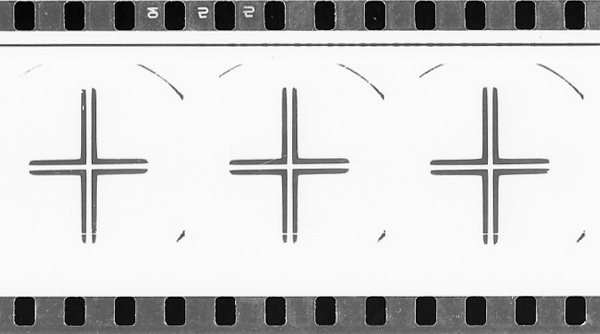Diary For My Children

Synopsis
From one of the world's foremost women directors, this deeply personal work is a reflection on Meszaros' own experiences channeled via Juli, a young woman returning home to Budapest from the Soviet Union where her parents were exiled and had died. Scarred by the wounds of the past, she is repulsed to see the very same spectre of Stalinist oppression now rife in her homeland.Meszaros' film resonates with the spirit and the struggles of her past – a passionate yet critical study of personal and political awakening told in ruthlessly unsentimental fashion.
Special Features
- Filmed interview with director Marta Meszaros- Essay by author and film programmer Catherine Portuges
Related:
A short excerpt from the Booklet essay by Catherine Portuges
"The opportunity to revisit one of Mészáros' most accomplished films in this long-awaited and welcome DVD release reveals an acute observation of Hungarian culture from the perspective of a director fluent in many languages, political regimes, and visual styles whose work has been honoured by numerous international retrospectives. From its hard-line post-Stalinist period in the early 1950s through the Kádár regime (sometimes called 'goulash Communism' in reference to the country's persistently western-oriented economy and outlook in the 1970s and 1980s), Hungary's emergence from its Stalinist past is dramatically inscribed here; little wonder, then, that this film played such an important role in provoking public and critical opinion. Diary for My Children poses questions pertinent to the challenge of the cinematic representation of history: what becomes of the historical record of lives when they are documented in the interstices of word and image? In what ways can filmed history be measured against written history? How does cinema function as a way of thinking historically? In what ways do depictions of private and public space interact and resonate? Here, the director sets in motion a process of discovery of suppressed history in order to accede to her own truth.
As its title indicates, Diary for My Children is above all a personal film: the idea of a 'diary', after all, presupposes a notion of intimacy and privacy. Although its genesis was motivated by historical and political circumstances, the film is neither purely fictional nor entirely autobiographical, nor, for that matter, strictly speaking a product of what has been called 'women's cinema'. Rather, by maintaining an intricate balance between personal exploration on the one hand and historical investigation on the other, Mészáros' cinematic method transforms and expands its autobiographical dimension by alternating sequences in which the historical context, marked by the use of archival footage, is dominant. This structure positions the viewer in a way that avoids both the more complete distancing of documentary and the more individually-motivated conventions of autobiographical cinema. In directorial motivation and structural composition, then, Diary for My Children transcends traditional categories of genre, yet it functions as a kind of history in the style of the French Annales school, a 'mise-en-regard' in which different angles of vision operate to analyze micro-history in order to generate ideas about a larger, macro-historical vision – a private message, in other words, which, in the public mind, becomes a collective one. Its point of view is that of the director's younger alter-ego, Juli, played by Zsuzsa Czinkóczi, who had been cast in two previous films of Mészáros and who occupies the principal role in all three parts of the Diary trilogy. In this way, the ambiguous border between reality and imaginary constitutes the very conditions of passage to adulthood.
The film was rejected by Communist censors for over a decade, doubly censored, one might say, by ideological repression and the director's own internal struggle with the powerful personal and political material that is its subject."
Catherine Portuges' complete essay, from which this excerpt is taken, appears in the booklet of the DVD release.